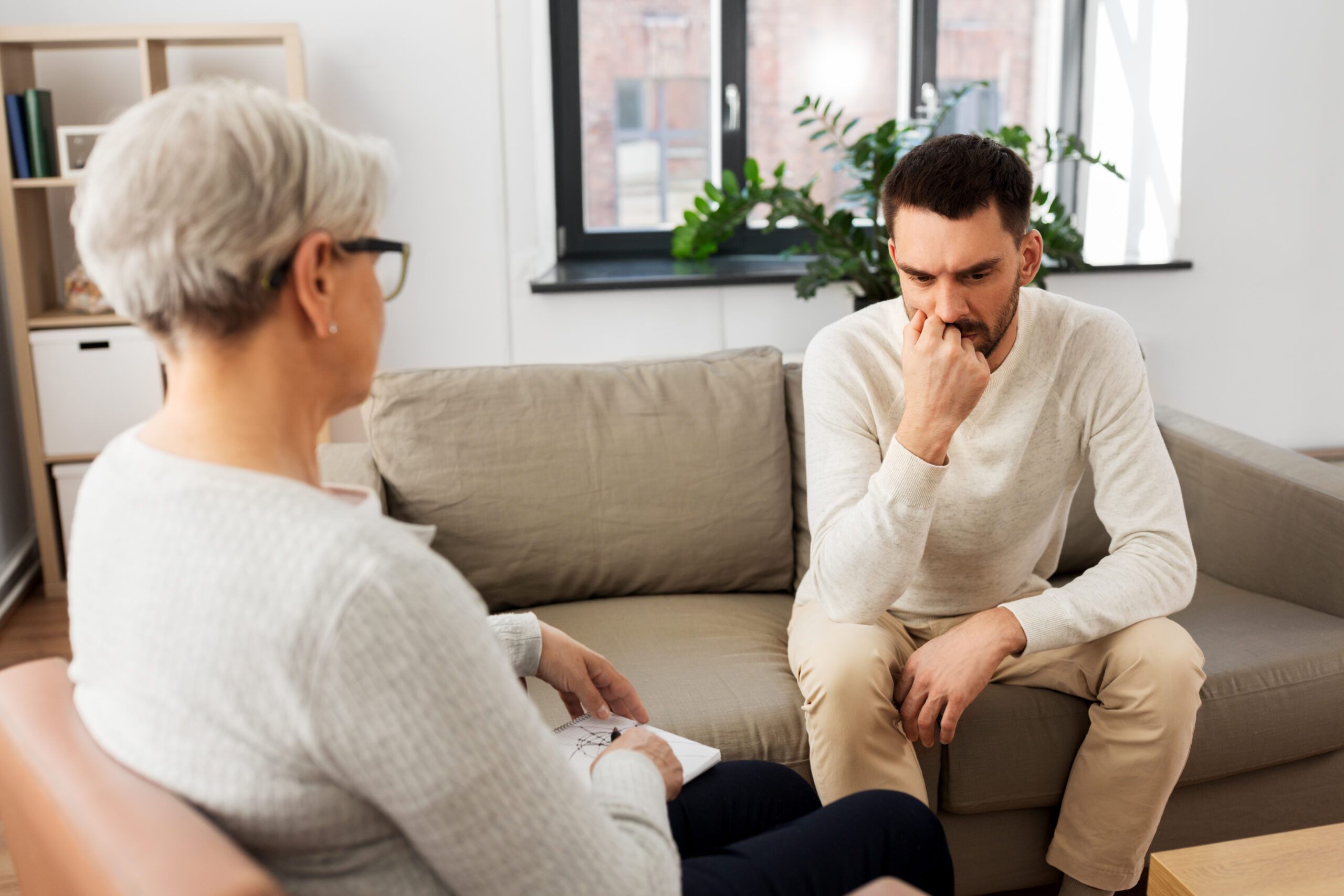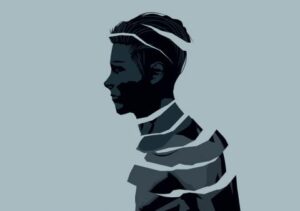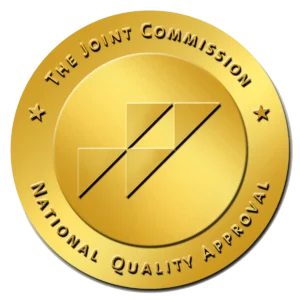I was 16 when I was first diagnosed with depression. It took me a long time to accept the diagnosis because my symptoms did not fit my own preconceived notions about how depression was supposed to look. I wasn’t suicidal: I was on the honor roll, and I held a part-time job. It took a few years before I was able to look back to high school and recognize that I was, in fact, struggling with depression.
Media Often Leads to Misunderstanding
The media often over-simplifies depression, leading to misunderstandings about what depression looks and feels like. There are in fact many nuances and variations among types of depression.
Common Symptoms of Depression
According to WebMD, a person who is experiencing any type of depression is likely to experience prolonged periods of:
- Appetite change
- Sleep issues (too much or too little)
- Agitation, numbness or sluggishness
- Diminished sense of self-worth
- Difficulty focusing
Types of Depression
The several types of depression all look slightly different. WebMD explains the differences between the most common types of depression:
- Major Depressive Disorder (MDD) – When depression is portrayed in the media, it often looks like MDD. A person struggling with this condition often experiences suicidal ideation, in addition to having intense versions of the symptoms listed above.
- Persistent Depressive Disorder (formerly categorized as Dysthymia or Chronic Major Depression) – This type of depression is diagnosed when a person struggles with depression for more than 2 years on end. Suicidal ideation doesn’t necessarily accompany this form of the condition, and it is sometimes less intense than MDD.
- Seasonal Affective Disorder (SAD) – Most common in the winter months, this type of depression typically only occurs for a few months at a time and can be helped by vitamin D and light therapy, along with traditional therapies.
- Psychotic Depression – This type of depression is accompanied by hallucinations, delusions, and/or paranoia.
- Bipolar Disorder (Manic Depressive Disorder) – While not included in the WebMD list, the National Institute of Mental Health considers this condition to be a type of depression, because depression is a component of it. A person with this condition experiences cycles of intense lows interspersed with intense highs characterized by euphoria and impulsivity.
Female-Specific Depression
Two types of depression impact only those who are biologically female. These are:
- Postpartum Depression – This is a common condition new mothers may experience shortly after giving birth to a child and up to a year after. While there has been considerable stigma and guilt around this condition, with people shaming mothers for not feeling elated at having a new baby, there have been more efforts in recent years to recognize and treat this condition.
- Premenstrual Dysphoric Disorder (PDD) – While is it common for menstruation and the resulting hormonal changes to cause fatigue, irritability and mood swings, PDD is far more intense and may require medical intervention.
Causes of Depression
According to the National Alliance of Mental Illness (NAMI), there are numerous causes of depression. Some of these include:
- Trauma – Adverse experiences at any age can permanently alter our brains and trigger depression.
- Genetics – If depression runs in a family, it can be passed down.
- Brain Changes – These can happen for a number of different reasons (illness, injury), and depression can be a side effect.
- Medical Conditions – Chronic pain or stress from a medical diagnosis can lead to depression.
- Substance Abuse – By altering the chemistry of the brain, alcohol and other drugs can cause it to stop producing the chemicals that allow us to experience happiness and fulfillment.
When “Depression” Isn’t Depression
“Situational Depression” is a phrase that has been used to describe the difficult feelings people experience when they go through a divorce, grieve the death of a loved one, lose a job, or experience other unpleasant life events. While these feelings are valid and painful, they are directly connected to the event in question; over time, most people can process those emotions and thus would not be diagnosed as having a form of depression. Even so, therapy, support groups, and medications may help a person facing such a hardship, just as they would a person who has a condition that fits under the depression umbrella. And when the bad feelings continue months or years after the event, a diagnosis of depression may apply.
First Steps in Getting Help
If you’re experiencing anything that sounds like the conditions above, it is a good idea to talk to your primary care physician about being screened for depression. Your doctor may suggest talk therapy, support groups, medications, or a referral to someone who specializes in the treatment of mental health symptoms.
If your symptoms are too intense to safely wait for an appointment with your doctor, there are other ways to get support:
- NAMI has online and in-person support groups for people struggling with mental health.
- Your local hospital may also have support groups.
- Community drop-in centers are available in some areas, for people who struggle with their mental health to support each other.
- If you are contemplating suicide, the National Suicide Prevention Lifeline has a website with free, live chat and a phone number (800-273-8255) you can call for support.
- The emergency room is also available, if you feel that you cannot refrain from harming yourself.
Regardless of why you may be feeling down, your feelings are valid, and you deserve support. Before you take any irreversible steps, it is worth the time to reach out to your doctor, your team at The Pavilion, the Suicide Prevention Helpline, or your friends or family to ask for help. You are not weak, and you are not alone. Many people have struggled with depression and gone on to have happy, amazing lives.







